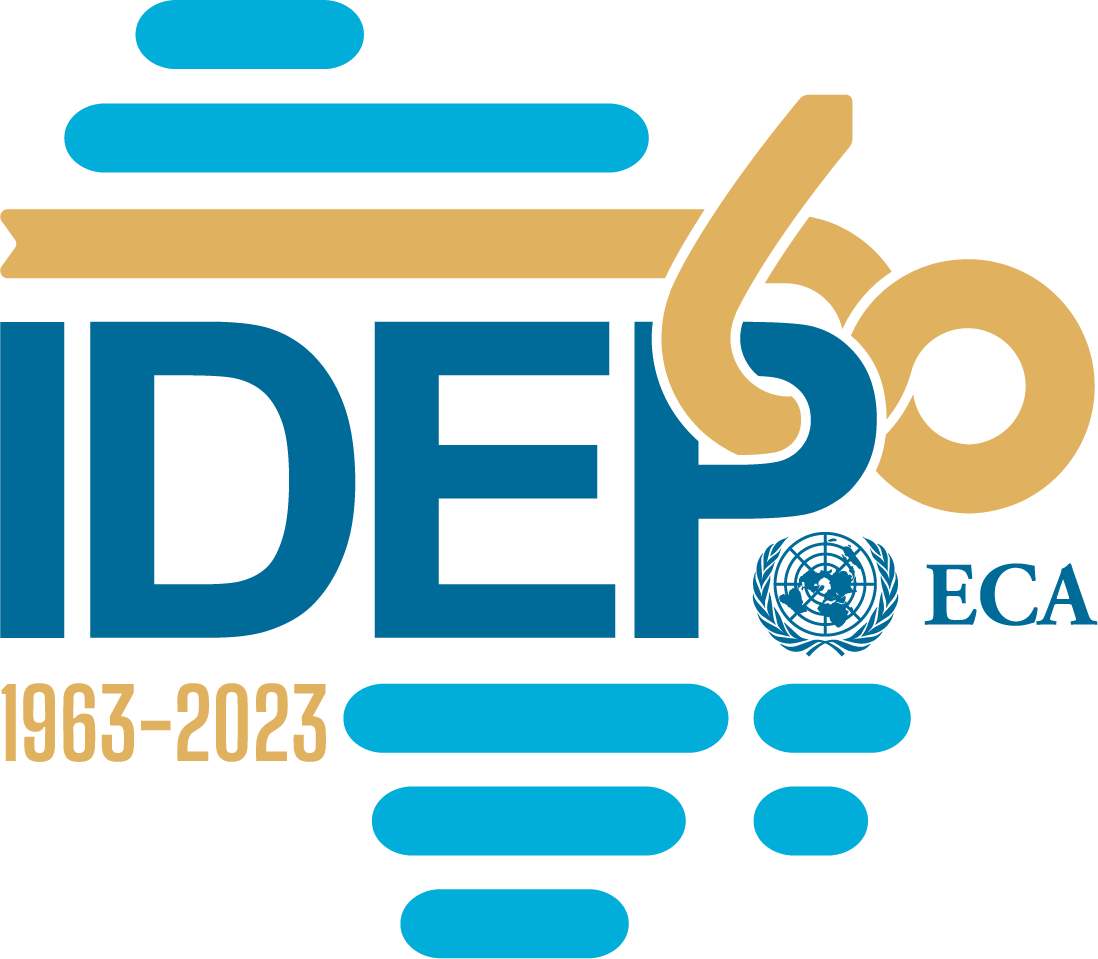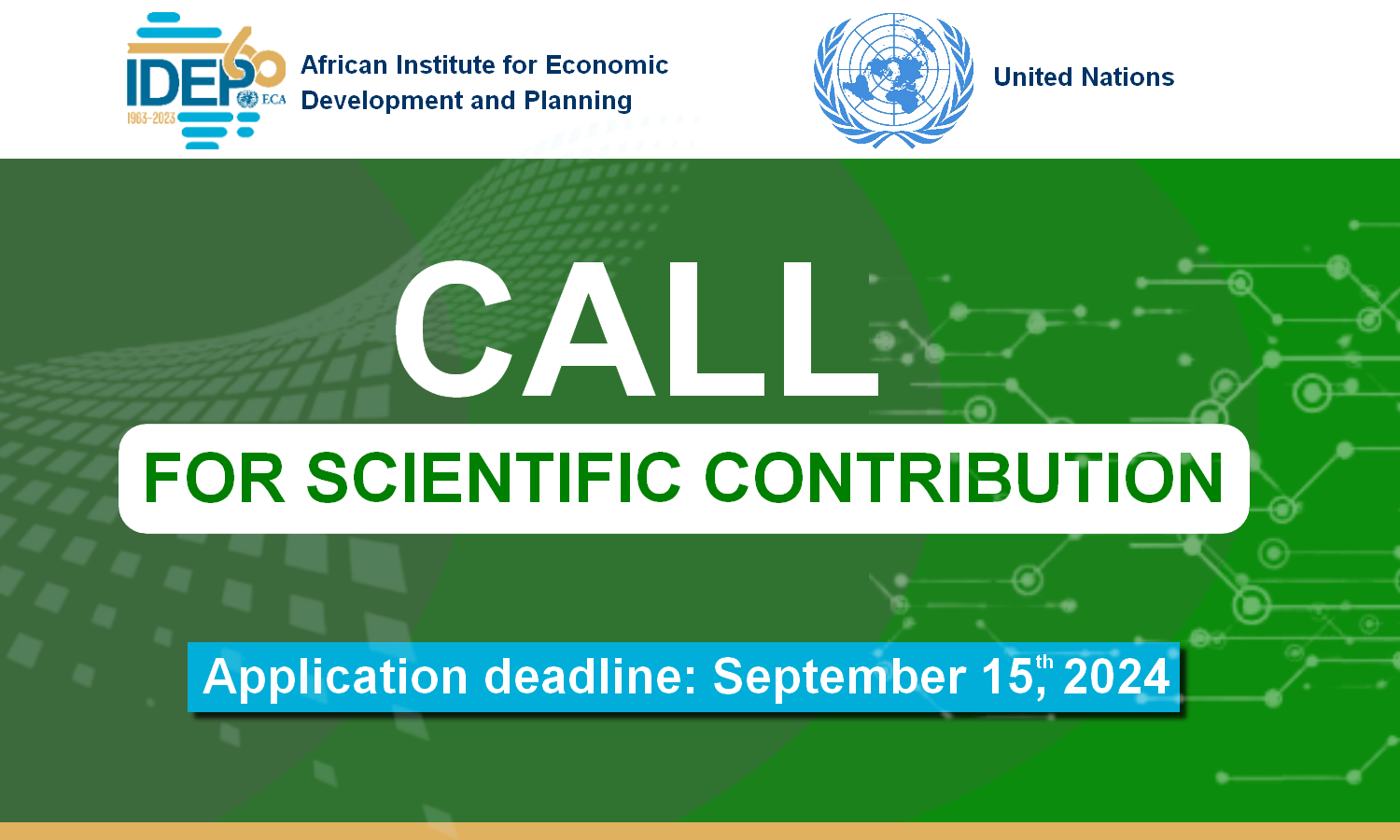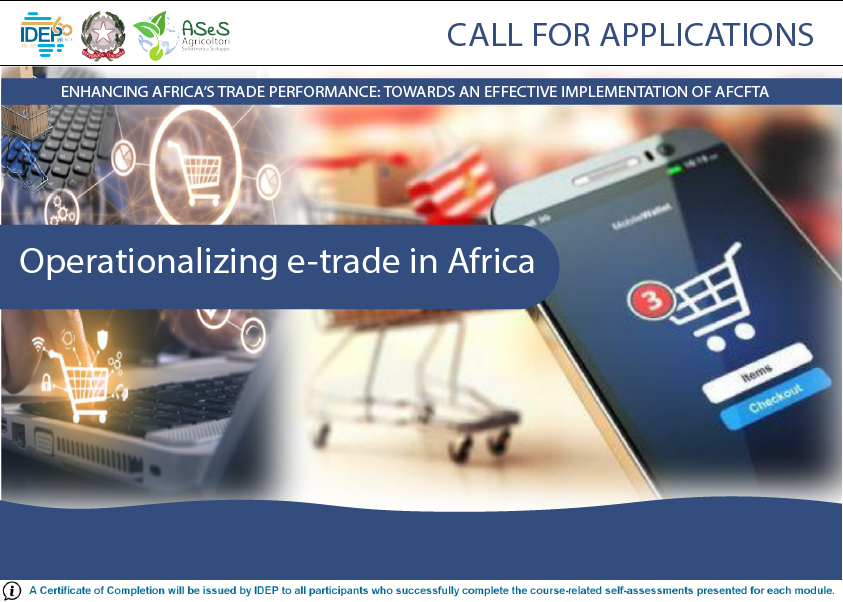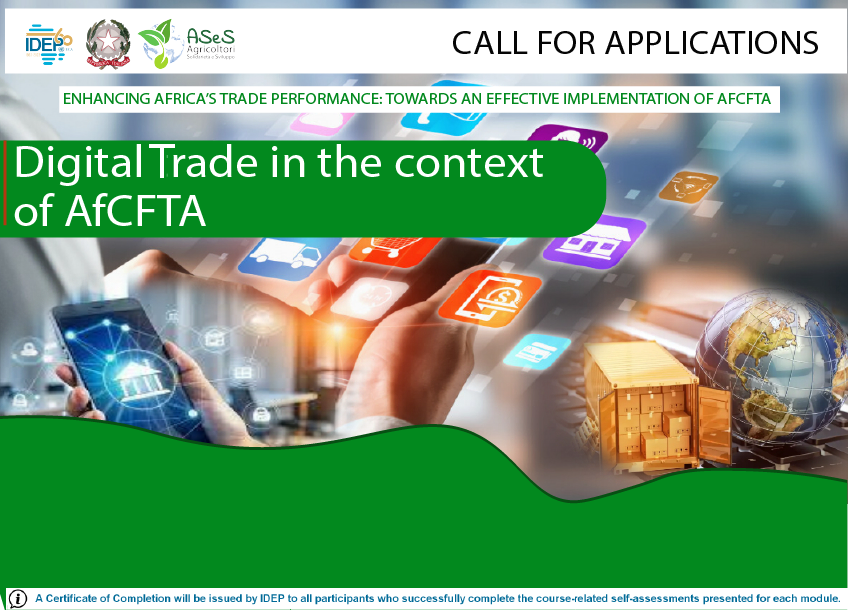Capital Market Development for Africa’s Structural Transformation
Announcement in Brief
|
Background
Well-developed capital markets are a driver of economic growth, and thereby yield positive effects on employment. In fact, the nexus between finance, on the one hand, and growth or employment, on the other hand, is well documented in the economic literature.1 Besides, the United Nations’ SDG 8 aims at fostering economic growth and promotes decent recent, while targeting to “strengthen the capacity of domestic financial institutions to encourage and expand access to banking, insurance and financial services for all.” (Target 8.2). According to Agenda 2063, the domestic capital markets should contribute to at least 10% of development financing2. Capital markets mobilize additional savings into the economy, making more capital available to companies, which may in turn create jobs and facilitate real-wage growth. Although the continent's stock exchanges have relatively low market capitalizations and amount together to 1.4% of global market capitalization3, the number of African countries with stock exchanges has grown from 8 in 2002 to 38 by mid-20224. It is estimated that the combined market capitalization of exchanges in the region has reached $1.6 trillion by 2021, up from $260 billion in 20005, demonstrating the significant efforts made on regulations and adequate infrastructure. It is worth noting that the economic environment in most African countries is characterized by lower market maturity regarding diversification and sophistication6, constraining economic growth and hampering poverty alleviation and the emergence of a middle class.
The advancement and deepening of financial markets also pave the way for innovative financing mechanisms, such as green and blue bonds, carbon credits, and debt swaps, to bolster Africa’s efforts against climate change. Furthermore, the absence of formal securities exchanges has significantly impeded the development of broader capital market ecosystems and access to liquidity in many African nations. Developing national and regional stock exchanges will facilitate capital access and efficient allocation, thereby supporting economic growth. Moreover, strengthening institutional investors, including pension funds and insurance companies, is vital. Encouraging these entities to invest in critical infrastructure projects, such as those necessary for the success of the African Continental Free Trade Area (AfCFTA), is essential.
Goals
This call for applications is aligned with UNECA's strategic focus area on macroeconomic and social policy and development finance for sustainable transitions, which include:
- Supporting the development of domestic capital markets (debt and equity) in local currency.
- Integrating remittances and potential diaspora investments into national strategies and policies.
- Establishing and facilitating peer learning mechanisms on economic issues and debt management.
- Improving financial risk management
The objectives of this call for applications are
- Foster collaboration among young economists, teacher-researchers, international partners, and public decision-makers to support African states in driving structural transformation.
- Support unified scientific contributions that address Africa's needs through Capital markets development
- Equip African countries, particularly young economists, with integrated mechanisms to address critical capital markets issues from a variety of relevant perspective
- Propose actionable strategies to overcome challenges in Africa’s capital markets.
- Present pathways to strengthen Africa’s financing systems.
- Promote dialogue among researchers, development practitioners, and policymakers to align goals and initiatives.
- Enhance research on African economic and policy issues to inform and guide decision-making processes.





